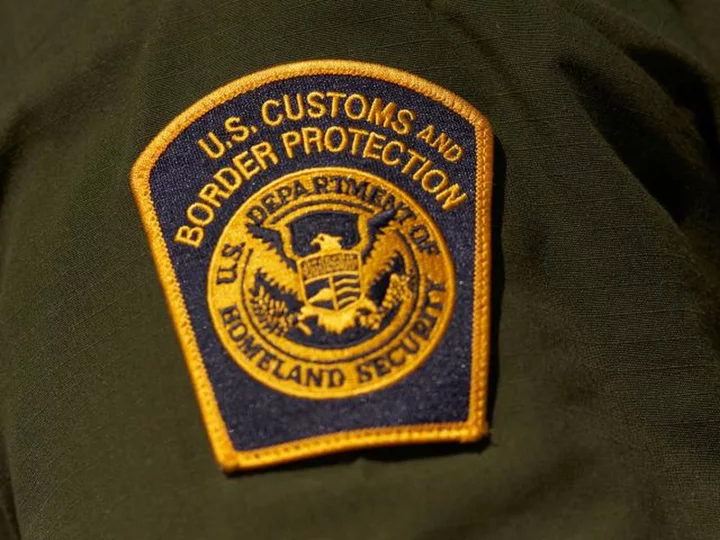LONG ISLAND SOUTH, NEW YORK: As millions prepare to enjoy the Labor Day weekend at the beach, health officials have issued a warning about the potential risk of contracting a flesh-eating bacteria known as vibrio vulnificus.
This bacteria can enter open wounds and lead to life-threatening infections, especially in warm waters.
Where in the US is flesh-eating bacteria found?
Vibrio vulnificus has been detected on beaches from Florida to New Jersey, and its presence has even extended as far north as Alaska.
Previously limited to the Gulf of Mexico, this bacteria, which thrives in warm and brackish water, has expanded into new regions due to rising sea temperatures.
In 2023, nine people have died due to the bacteria in Florida, New York and Connecticut.
Scientists have expressed express concerns that the bacteria could potentially spread to every coastal state in the US by 2040.
How many cases of flesh-eating bacteria are there in the US?
The incidence of vibrio vulnificus infections in the US remained relatively low, with fewer than 200 cases diagnosed annually from before 2007 until 2017 when slightly over 200 cases were recorded.
Studies now indicate a concerning trend, projecting that by 2030, nearly 400 Americans will fall ill due to this bacteria each year.
This represents more than double the number reported at the beginning of the century, highlighting the increasing prevalence of Vibrio vulnificus infections.
Can you get a bacterial infection from ocean water?
Some beachgoers may unknowingly put themselves at risk of infection from this bacteria, which can be found on hard surfaces such as shells, rocks and sea floor spines.
With an estimated 163 million people expected to travel during Labor Day weekend, many will flock to beaches to savor the last days of summer.
Medical experts are advising that anyone with an open wound, even something as minor as a paper cut, should avoid swimming in areas where vibrio vulnificus has been identified.
Is vibrio vulnificus deadly?
According to the CDC, approximately 30% of people who contract an infection from Vibrio vulnificus succumb to the disease.
Dr. Luis Ostrosky, an infectious disease expert at UTHealth Houston in Texas, emphasized on the aggressive nature of this bacteria and issued a warning to Labor Day beachgoers to exercise caution.
What happens if you swim in the ocean with bacteria?
Swimming with any type of cut or abrasion, no matter how minor, can expose individuals to vibrio vulnificus, which can then infect and damage their flesh.
Symptoms appear quickly, with patients experiencing redness and swelling around the site of infection.
Without prompt treatment, this can progress to necrosis (tissue death) and septicemia (blood infection), potentially necessitating amputation and even leading to death.
Swift administration of antibiotics is essential for treating the infection.
Healthy individuals generally have a lower risk of infection because their immune systems can usually combat the bacteria.
However, those with compromised immune systems, such as diabetics and cancer patients, are at significantly higher risk.









